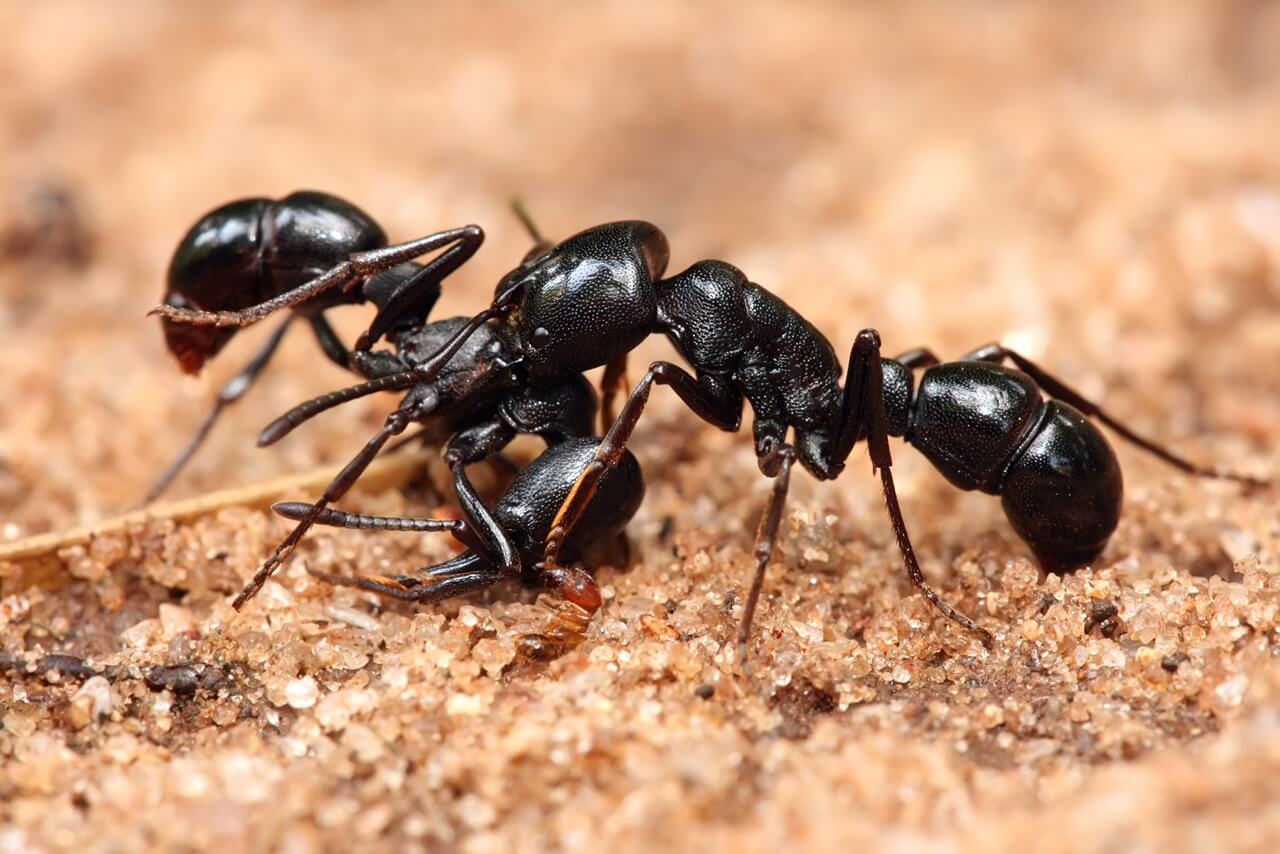If you rent in Philly or live in a basement apartment there, you probably have some experience with uninvited crawling visitors, particularly in those humid summer months.
So, with Philly being a sweaty mess and the older housing stock here, they thrive in low-level units. Basement apartments in Philadelphia, which have many vintage row homes built between 1920 and 1950, might be the most susceptible to these moisture-loving insects, making Philadelphia pest control crucial.
In this blog post, we will explain why Philly makes it such a nice place for pests, why basement units are first on their list, and real solutions you can use!
Why Philly’s Humid Summers Attract Pests?
Since Philadelphia’s summertime humidity often reaches above 70%, it provides a perfect environment for moisture-dependent pests such as silverfish and ants. Silverfish survival and reproduction will only work in conditions that are higher than 75% humidity. Ants, on the other hand, are most active during warm, wet weather when they are out looking for reliable sources of water to support their colonies.
The problem is exacerbated by the heat island effect, which is caused by urbanization in Philadelphia. The heat-absorption properties of concrete and asphalt mean these materials soak up the sun during the day and then release it back out into the environment at night, ensuring that temperatures remain elevated even in the evening.
Why Are Basement Apartments the First to Be Hit?
- Moisture Magnets Below Ground
Basement apartments are especially prone to humidity from various sources. Because they are installed at ground level, they are always susceptible to dampness from soil moisture, leakage from below the foundation, and condensation due to temperature differences. The clay-heavy soil in Philadelphia holds moisture longer than sandy soils, which contributes to lasting wetness against foundation walls.
- Temperature Differential Zones
Hot summer air inside the house is much hotter than the cooler basement spaces, causing condensation to form on walls, pipes, and windows. Mold and mildew tend to live around these constant sources of moisture, and silverfish come to dine on them. Ants decide to create a satellite colony around these dependable water sources as well.
- Entry Points Galore
Common entry points in older Philadelphia row homes include cracks in cellars, penetrations where utility lines enter the house, and aging mortar joints. According to the Philadelphia Water Department, homes built before 1950 are 40% more likely to have a wet foundation, making basement units prime real estate for pests.
What Can You Do In Such a Situation?
When most renters first notice these unwanted guests, they tend to try some DIY remedies. Many ants can be caught by traps purchased from stores, while dehumidifiers help eliminate the reason why they come in the first place: the humidity. Others clean thoroughly and apply caulk or expanding foam to any visible cracks.
These methods can absolutely keep small infestations at bay and reduce the appeal of your space to pests. But they usually miss more significant infestations or nests that are hidden out of sight in wall voids, behind major appliances, or in areas that you cannot readily get to.
Professional pest control is the solution when the DIY approach fails. Whether it be century-old row home construction or neighborhood-specific humidity patterns, companies like Presto Pest Control offer Philadelphia-oriented treatment plans. By leveraging their understanding of Philly’s housing quirks and summer climate, they are able to develop treatment plans that address the root of the problem to prevent it from returning year after year rather than just treating the symptoms.
So, make sure you contact them today!
